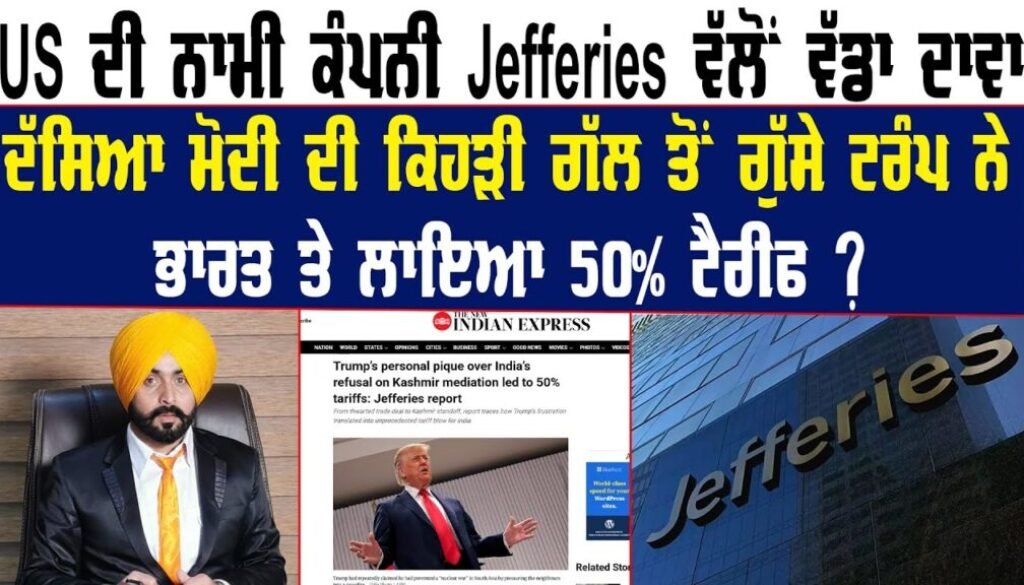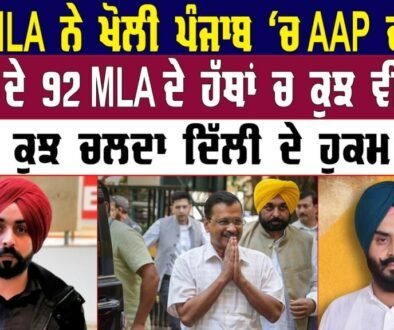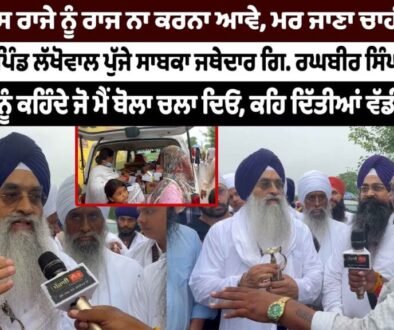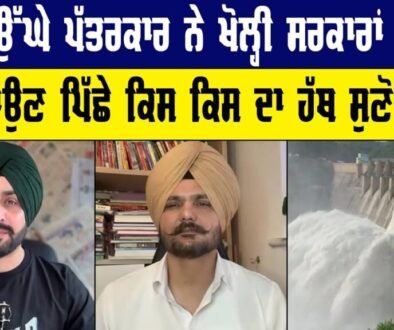Jefferies Report Links US Tariffs on India to Trump’s Personal Anger Amid Growing Tensions
Jefferies Report Links US Tariffs on India to Trump’s Personal Anger Amid Growing Tensions
A recent 50% tariff imposed on India by the United States has sparked debate, with a report from American multinational investment bank Jefferies attributing the move to President Donald Trump’s personal anger. According to the analysis discussed in the video, Jefferies claims the tariff is a direct result of India failing to give President Trump credit for his role in preventing a war between India and Pakistan.
The report suggests Trump sought this acknowledgment to bolster his image as a “messenger of peace” and improve his chances of receiving a Nobel Peace Prize. However, India, and specifically Prime Minister Narendra Modi, never publicly credited Trump. Instead, Modi stated in Parliament that India did not act under any external pressure, which Jefferies posits angered Trump and led to the punitive tariffs.
While Jefferies presents this as the primary cause, the video’s speakers express skepticism, finding it difficult to believe that a personal “ego” issue could be the sole reason for such a significant foreign policy decision. They argue that the US government, including the “Deep State,” Congress, and various ministries, would not allow a single person’s grievance to dictate international relations to this extent.
Official Justifications and Other Theories
Beyond the Jefferies report, the video highlights other reasons being discussed for the tariffs.
- Official US Position: American officials have reportedly cited India’s economic support for Russia as a key factor. Since the start of the Russia-Ukraine war, India’s oil imports from Russia have surged from 1% to 42%. The US government’s stance is that this provides Russia with funds used for its military assault on Ukraine, thereby making India an “indirect” party to the conflict.
- Trade Deal Pressure: Another theory suggests the tariffs are a tactic to force India into a 0% tariff trade deal. This potential deal would cover American dairy, agriculture, and other products, which India has so far not agreed to. The high tariffs are seen as a way to bring India “to its knees” to accept the terms.
The video’s analyst believes these explanations are insufficient and that deeper reasons for the sudden deterioration in relations will likely become public within the next 30 to 60 days. The severity of President Trump’s rhetoric, which includes threats of “secondary sanctions” and other penalties, suggests the US is treating India like an “enemy state”.
A Pattern of Deteriorating Relations
The tariffs are presented not as an isolated incident but as part of a broader pattern of strained US-India relations under the Trump administration. The video points to a prior event where undocumented Indian immigrants were deported from the US in military-style planes while in handcuffs. This was widely seen as an international humiliation for India, yet Prime Minister Modi’s government did not issue a statement of condemnation or even ask for the respectful treatment of its citizens.
The changing rhetoric of American political figures like Nikki Haley is also noted. After initially advising Trump to engage in dialogue with Modi, Haley later changed her tone, issuing a warning to India to comply with the US or face negative consequences. This shift, along with Jefferies’ statement that harsh treatment of India is not in America’s best interest, leads the speaker to believe that Jefferies’ report may be influenced by its own pro-India bias or financial interests.
Sources : Pride Punjab TV Report



